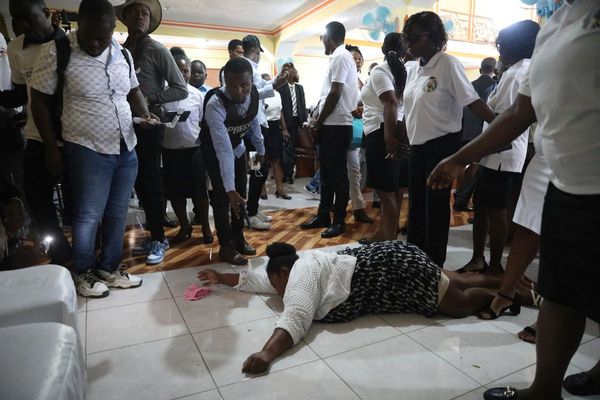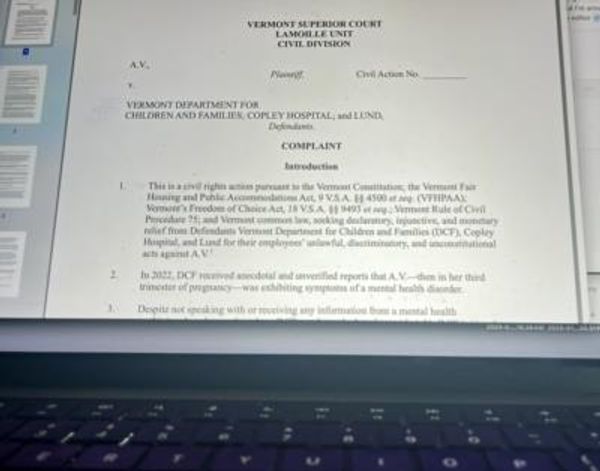
On Sunday night the Coalition’s new star MP Jacinta Nampijinpa Price put forward a new argument against the Indigenous Voice to Parliament.
“Make no mistake. This is being driven by elites who have been part of the gravy train,” she said to Sky News host Chris Smith. “An industry that has been built on the backs of the misery of marginalised Indigenous Australians, and enshrining a Voice is enshrining their voices into Parliament to ensure that they can never be removed or dismantled.”
When she made a Facebook comment reiterating her interview comments, other Voice opponents chimed in to agree with her charge of elitism.
“Well said,” tweeted Victorian MP Tim Smith, who will continue to draw a Parliamentary salary for a year after announcing his resignation after an alleged drunk driving incident.
“Senator Price makes a good point,” replied UAP Senator Ralph Babet, who was elected on the back of a near $100 million advertising campaign by a billionaire.
Politicians feebly trying to channel populism by accusing others of being elites is now so common as to be unremarkable. Price’s “gravy train” comments also evoke old tropes of Indigenous corporation corruption and native title claims — both irrelevant to the idea of a representative body.
What makes this argument particularly galling is the sheer amount of groundwork that’s been done up to this point. The Indigenous Voice to Parliament proposal comes out of the Uluru Statement of the Heart process, which included:
… a ground-breaking process First Nations [sic] from across Australia through 12 deliberative dialogues. Joining each dialogue were a representative sample of approximately 100 Indigenous people drawn from local traditional owners, Indigenous community-based organisations and Indigenous leaders. These regional dialogues selected their own representatives to attend the First Nations Constitutional Convention at Uluru. At the convention, and by an overwhelming consensus, more than 250 delegates adopted the Uluru Statement.
Uluru Statement from the Heart website.
From there, a two-year, two-stage Indigenous Voice co-design process involving 9400 individuals, communities and groups determined what this would look like in practice. Even as the federal government holds off from saying it will implement this Voice model, its very existence is proof of a remarkably collaborative and deliberative process to consider how First Nations peoples’ experiences and perspectives could be made a core part of policymaking.
Compare this with Australia’s party “democracy”. Membership numbers have dwindled. Local branches stacked. Candidates are parachuted into electorates where they don’t live. Party powerbrokers defy the wishes of the rank and file and handpick their own candidates. All too often, Australia’s party processes — and the rest of the political infrastructure built off those parties — serve the interests of the elite.
The Voice to Parliament referendum is the remarkable culmination of years of consensus building and grassroots consultation. Before politicians try to cast it as “elitist”, perhaps they should look in the mirror.
Is Anthony Albanese’s drive for a Voice for Indigenous Australians “elitist”? Let us know your thoughts by writing to letters@crikey.com.au. Please include your full name to be considered for publication. We reserve the right to edit for length and clarity.







